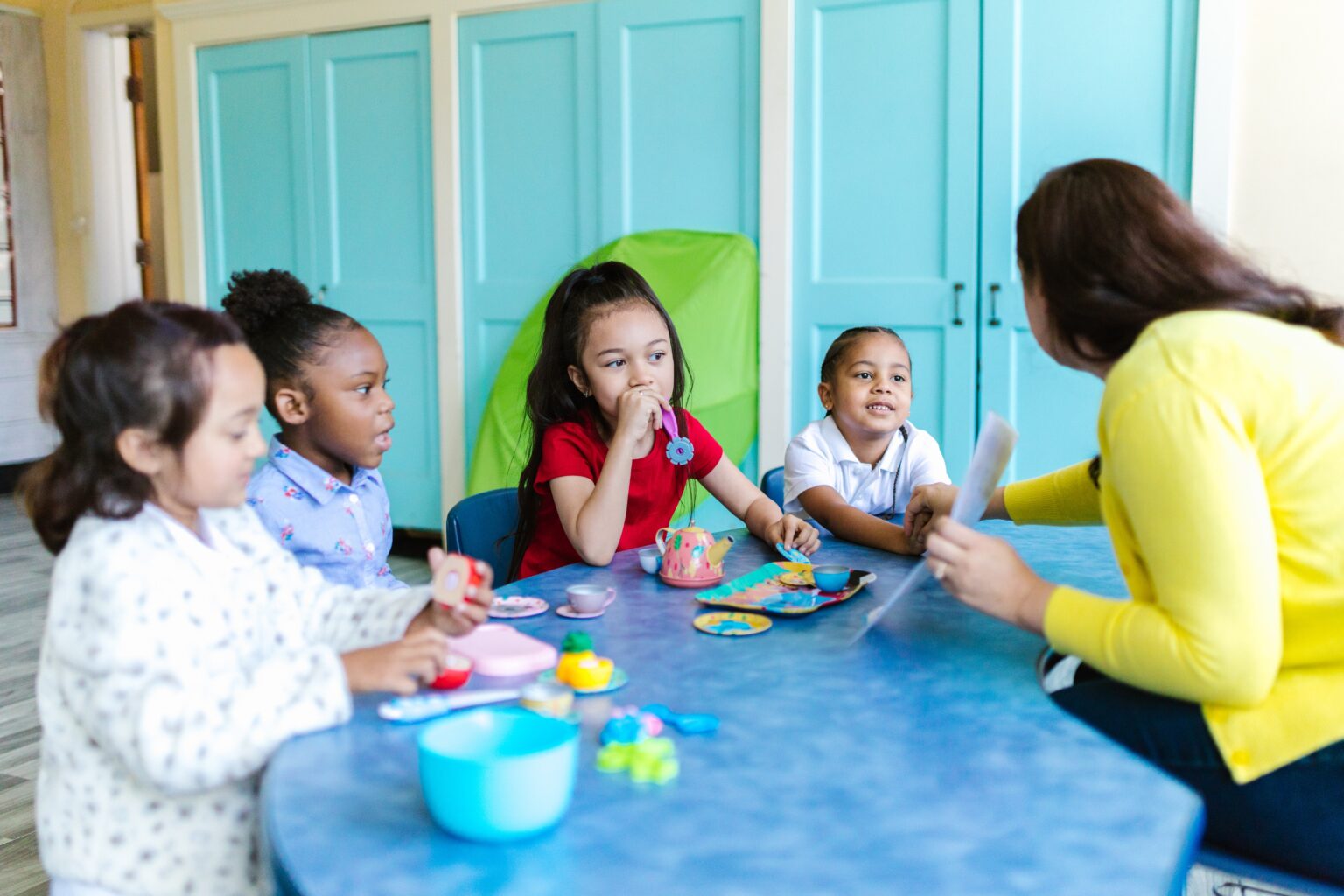Have you ever wondered what’s the best time for a child to learn English?
The Austrian Philosopher Ludwig Wittgenstein who is famous for his works on the philosophy of Language once quoted
“ The limits of my language mean the limits of my world. ”
This quote holds even greater value in the present times as the limits and boundaries between the countries fade out with greater intermixing in the professional and social world. It becomes important for the citizens of tomorrow, i.e. the children of today to be well acquainted with the tools necessary to communicate with others.
In this article, we’ll discuss the importance of English, the best time for a child to learn English and how parents can be involved in their learning process. So let’s dive in.
Importance of English
More than 15% of the world’s population speak English either natively or as a second language, making
it the most spoken language and the Lingua franca of the world. Not just communication, learning English increases job and education opportunities for students, traveling gets a whole lot easier and you are introduced to an extensive set of media and cultural exposure. Once you learn English, you also apply your abilities to learn other languages.
With all things mentioned, you must be left wondering, when is the best time for your child to start learning English, and don’t worry, we will guide you through this journey.
When is the best time for a child to learn English
The best time for a child to learn English language is during their childhood at the age of 5 – 6. During this time, they excel at learning implicitly, through observation and repetition which is why they catch up with their mother tongue at a fast pace.
In early 2018, a quiz conducted by MIT (Massachusetts Institute of Technology) found that to achieve native-like knowledge of English and achieve fluency in it, it’s best to start by 10 years of age.
Unlike adults, children are natural language acquirers, they imitate the pronunciation and pick up a language without any conscious effort. These strategies from which they acquire their mother tongue soon turn out to be useful to learn English as well. Adding on to the benefits of childhood learning English, any idea that it is difficult is not known unless it’s suggested or forced upon by adults.
They are also able to integrate the language into their daily lives since their education still hasn’t reached the stage where facts need to be stored and tested now and then, giving them the freedom to explore on their own. [5]
Children who acquire languages early on are more likely to have better pronunciation and feel for the language and culture.
How does a child learn a language and how can a parent aid in that process?
Before a child heads out to learn English or any second language, it’s important to make sure that his/ her native language skills are complete and that the child is confident in that language.
Studies have found a positive correlation between proficiency to read in the native language and the ability to grasp a second language.
Moving ahead, to help your child learn English, you need to also invest in your time and efforts to learn English if you don’t already know it at least at the basic level. From the initial days of childhood, parents may sing lullabies in English to the child while the learning of the native language is given importance. As and when proficiency in the native language develops, parents can engage in fun activities along with their child to learn the language. A few examples of such activities are given below:
● Using simple English greetings in everyday communication, the everyday ritual of wishing the family a happy morning in your native language can now be practiced in English by saying “Good morning”.
● Who doesn’t like to sing along to fun songs, you and your child can find some really interesting and popular songs on the Internet, like “Humpty Dumpty” and “Twinkle Twinkle little star”. This also makes for a great parent-child bonding activity.
● Everyone knows the names of animals or objects in their native language, you can go out on the street or buy training cards with vivid pictures, and learn what they are called in English.
● Reading fairy tales with a gradual transition from adding English words into the text in his native language to fully-English simplified versions.
Cinderella and Jack and the Beanstalk are good starting points to read. As an added benefit, many of these fairy tales are also converted into English movies that you and your child can watch and enjoy.
● As you learn English, it’s best to start with small steps such as practicing shorter words and sentences before moving on to reading stories or songs. It should also be noted that as you read stories or songs, you and your child might be exposed culturally as well as themes and meanings surrounding objects might be different in your native culture and language.
Around the mid to late childhood stage, children can be enrolled in courses to develop their English. Parents can also enroll in courses of Phonics and other foundation-level courses.




